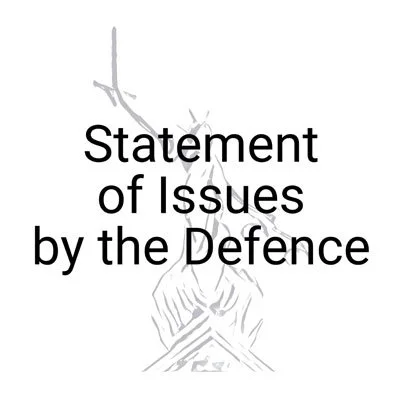Proving and presenting the case for the prosecution
All Contents > Magistrates’ Court Trial > Prosecution Case > Defence Case > Verdict
“The prosecution case starts with the prosecution opening its case to the magistrates or District Judge. This opening speech informs the court of what the allegation against the defendant is, a summary of the evidence, the areas of dispute and any relevant matters of law.”
On this page …
Opening Speech by the Prosecution
Statement of issues by the Defence
How does the Prosecution prove its case?
Witnesses - Examination-in-chief, Cross-examination and Re-examination
Agreed Evidence - reading Witness Statements and Agreed Facts
What does the Prosecution case consist of?
When will the Prosecution serve its case?
Responding to the Prosecution Case
Case management in the magistrates’ court
Defendant’s Record of Interview
‘No Comment’ interviews
Close of Prosecution case
Reopening the Prosecution case
Prosecution closing speech
Opening Speech by the Prosecution
The prosecution case starts with the prosecution opening its case to the magistrates or District Judge.
This opening speech informs the court of what the allegation against the defendant is, a summary of the evidence which supports that allegation, the areas of dispute and any relevant matters of law.



















